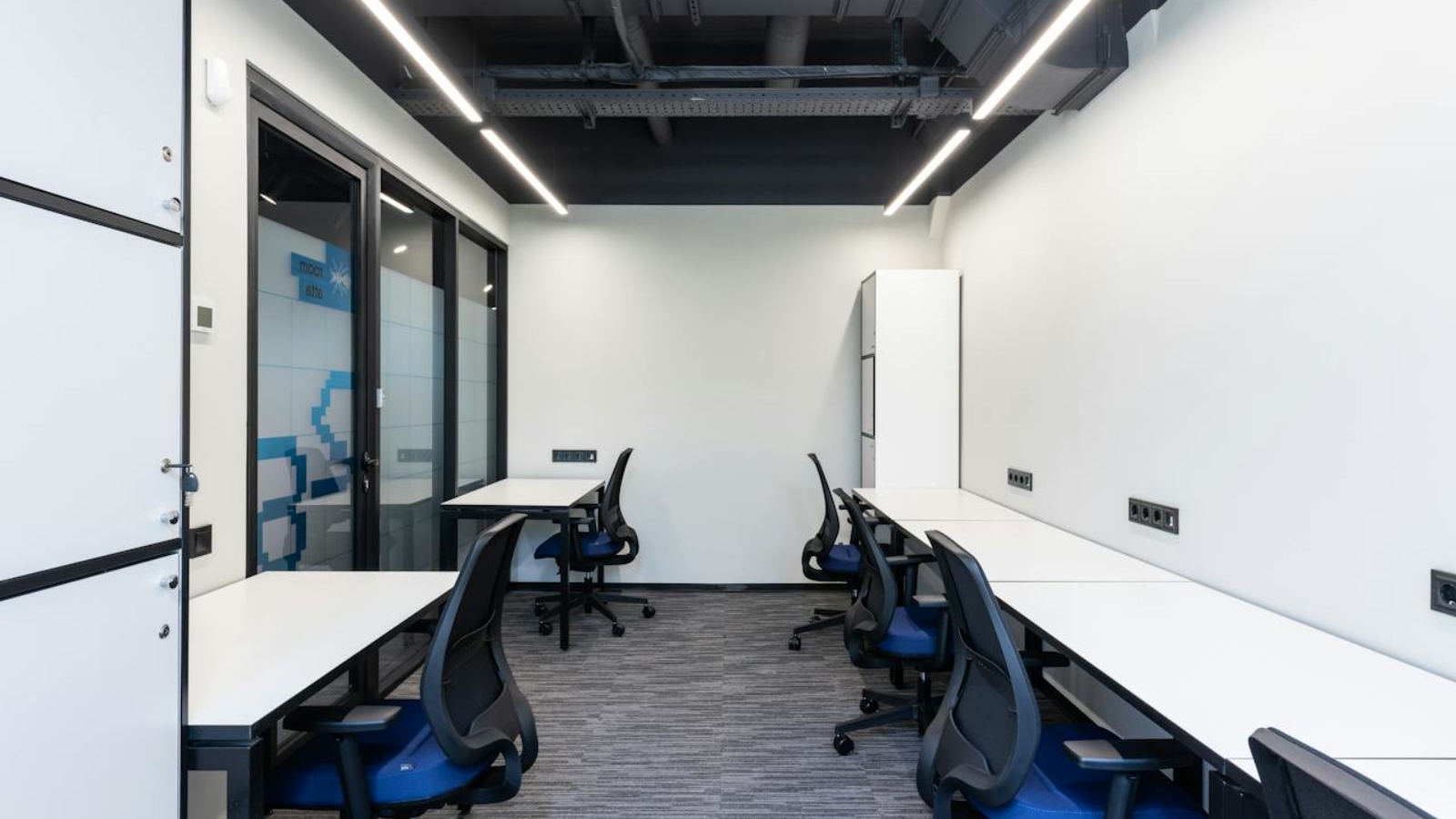HomeBlogFinancial InsightsWhat are the disadvantages of ...
Table of Contents
Understanding the Disadvantages of a Sole Proprietorship
Operating as a sole proprietorship has its advantages, such as simplicity and full control, but it’s crucial to be aware of the potential drawbacks. In this article, we’ll delve into the disadvantages of choosing a sole proprietorship as your business structure.
Personal Liability
One of the primary disadvantages is that the owner and the business are legally considered the same entity. This means that the owner is personally responsible for all business debts and liabilities. In the event of legal issues or financial troubles, personal assets may be at risk.
Limited Resources
Sole proprietors may face challenges in accessing financial resources. Banks and investors may be hesitant to provide funding to a business with a structure that lacks formalities. Limited access to capital can hinder the expansion and growth potential of the business.
Limited Expertise
As a sole proprietor, you are the sole decision-maker, which can be a disadvantage when it comes to tapping into a diverse range of expertise. Unlike partnerships or corporations, where various individuals bring different skills to the table, a sole proprietor may struggle with areas outside their expertise.
Business Longevity
The life of a sole proprietorship is closely tied to the owner. If the owner decides to leave the business, sell it, or passes away, the business may face challenges in continuity. This lack of continuity can impact relationships with customers, suppliers, and other stakeholders.
Difficulty in Raising Capital
Sole proprietors often find it challenging to raise capital compared to businesses with more formal structures. Investors and lenders may prefer entities with a clear organizational structure, making it harder for sole proprietors to attract external funding.
Workload and Burnout
Being the sole operator means taking on various roles within the business, from administration to sales and customer service. This heavy workload can lead to burnout, impacting both the business’s efficiency and the owner’s well-being.
Limited Tax Planning Opportunities
Sole proprietors have fewer options for tax planning compared to some other business structures. They may miss out on certain tax benefits and deductions available to corporations or partnerships.
While a sole proprietorship offers simplicity and control, it’s crucial to weigh these benefits against the potential disadvantages. Consider the long-term goals of your business, the level of risk you’re comfortable with, and the resources needed for growth. Seeking professional advice can help you make an informed decision about the most suitable business structure for your needs.
Stay informed, stay compliant.




